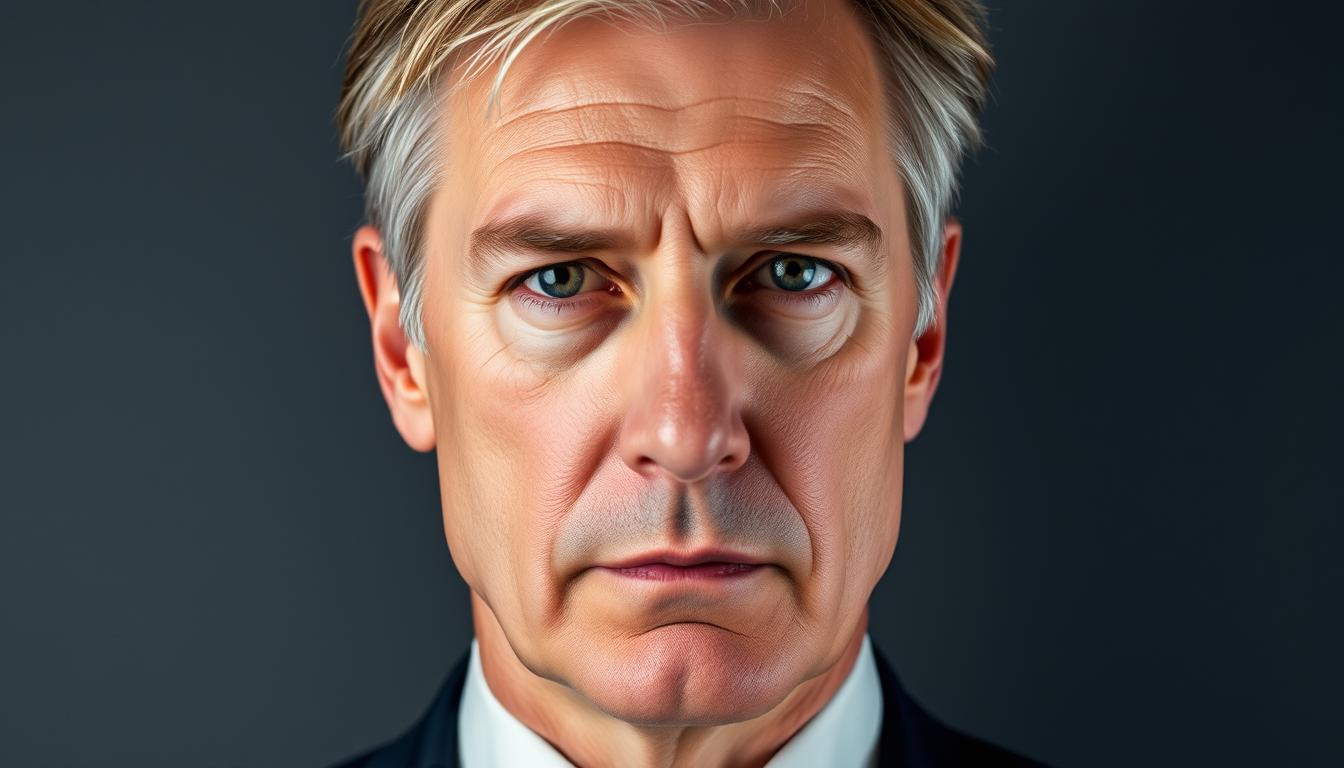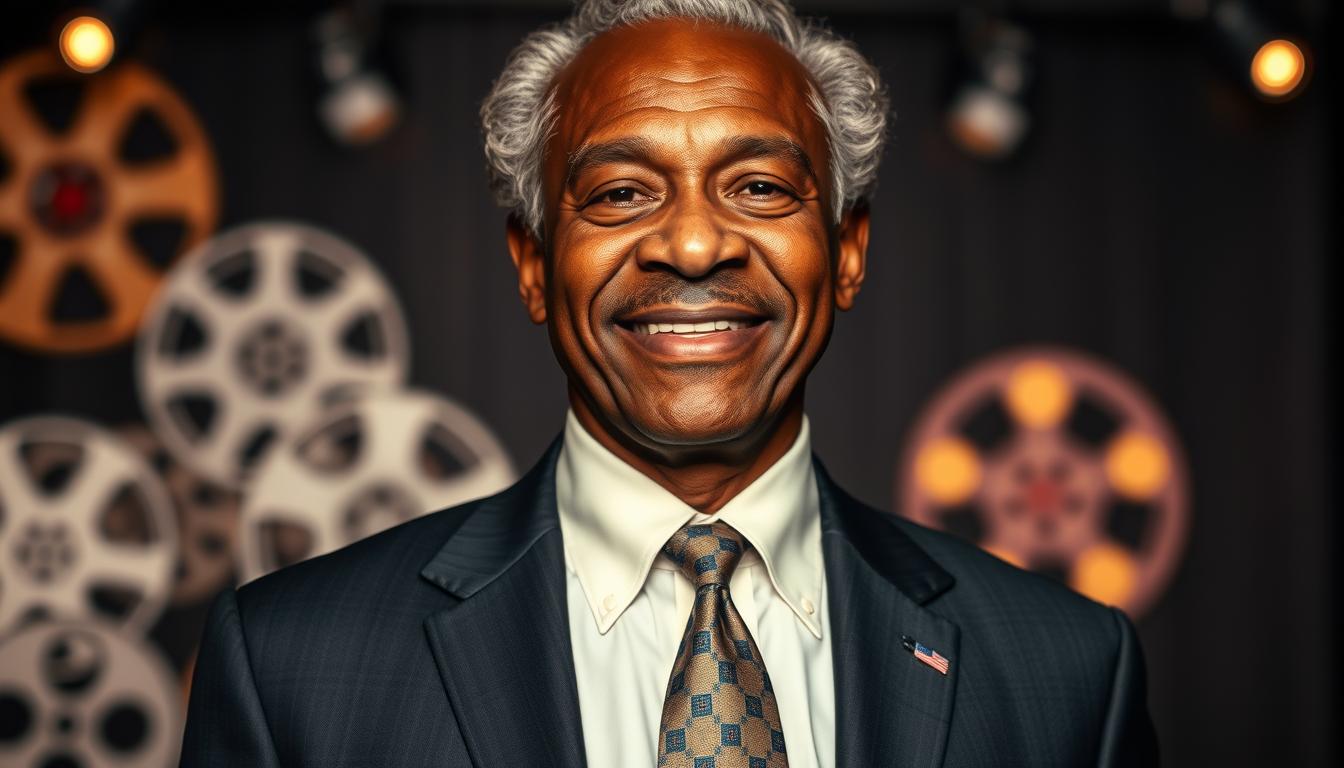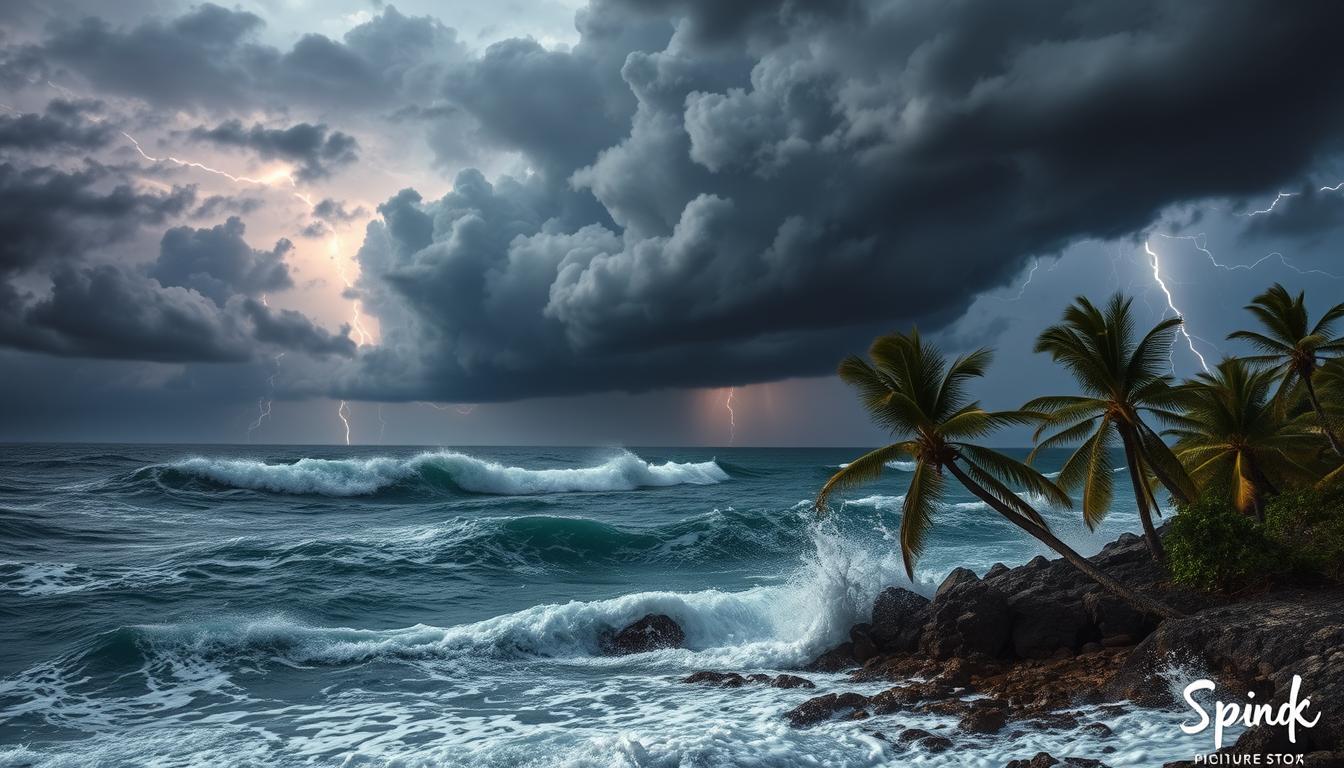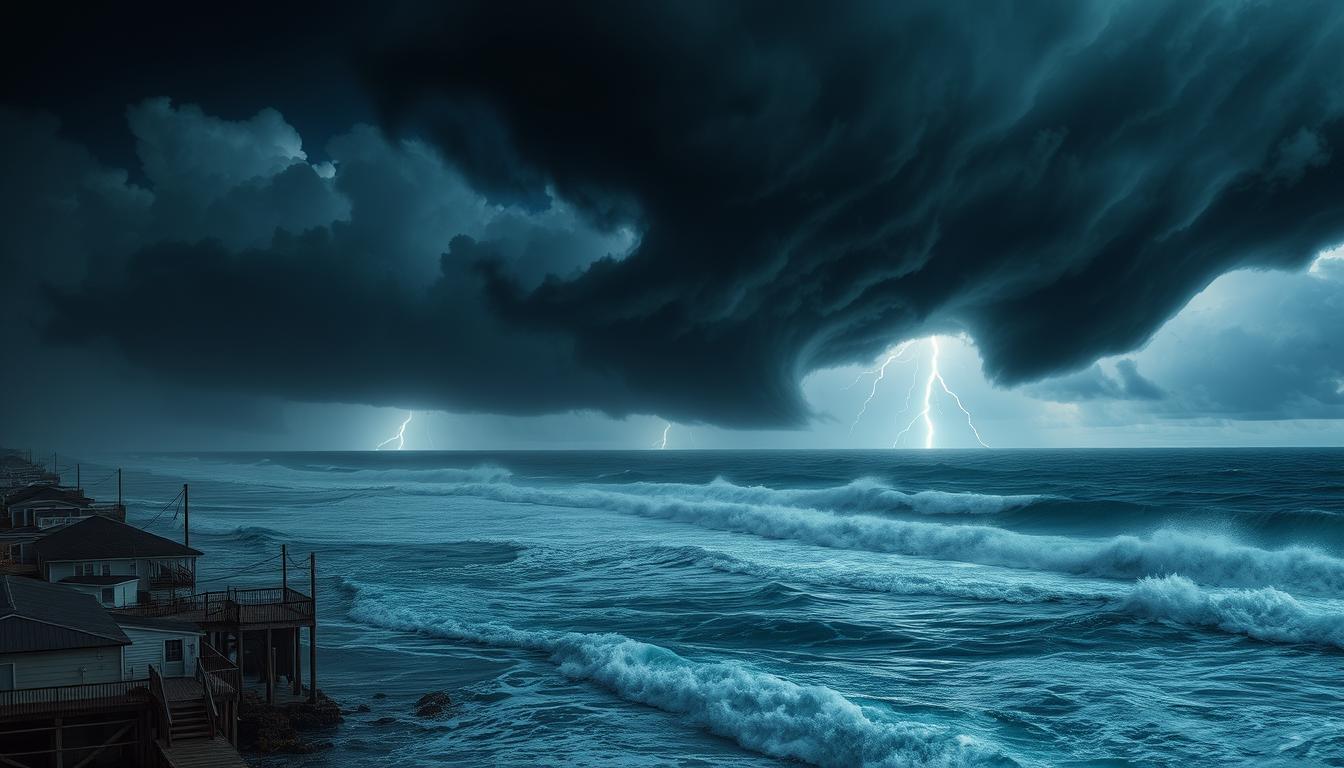Many of us wonder why powerlifting, known for its raw power and dedication, isn’t in the Olympics. This question has sparked curiosity and made us want to learn more about why it’s not included in the world’s biggest sports event1.
Key Takeaways
- Powerlifting, a strength-based sport, has gained immense popularity worldwide but remains excluded from the Olympic Games.
- The article will explore the reasons behind powerlifting’s exclusion and compare it to the inclusion of Olympic weightlifting.
- Powerlifting’s lack of recognition as an Olympic sport is a complex issue with historical, organizational, and technical factors at play.
- Understanding the differences between powerlifting and Olympic weightlifting, as well as the role of governing bodies, is crucial to understanding this exclusion.
- Efforts have been made to advocate for powerlifting’s inclusion, but significant challenges and controversies remain.
We will explore powerlifting’s world, its connection to the Olympics, and why it’s not included. By the end, you’ll understand this fascinating topic better and see the chances of powerlifting joining the Olympics.
Introduction to Powerlifting and the Olympic Games
Powerlifting is a strength sport with a long history, starting in the early 20th century. It came from strongman and weightlifting events. Powerlifting became officially recognized in the2 and has grown, drawing athletes globally. Though it’s not an Olympic sport, the Olympic Games are the top international sports event. They include Olympic weightlifting, a sport similar to powerlifting.
Brief History of Powerlifting and Its Origins
The history of powerlifting began in the early 20th century. It started with strongman and weightlifting events. By the 1950s2, powerlifting became a formal sport. It has since become a competitive sport, attracting athletes worldwide.
The Olympic Games: Overview and Sports Included
The Olympic Games are the world’s top multi-sport event. They feature many athletic disciplines. Over time, the Olympic program has changed, but some sports, like Olympic weightlifting, have stayed.
Olympic weightlifting includes the snatch and clean and jerk lifts. It has been in the Olympics since 1896.
| Event | Description |
|---|---|
| Snatch | A single-motion lift where the barbell is lifted from the floor to overhead in one continuous movement. |
| Clean and Jerk | A two-part lift where the barbell is first lifted from the floor to the shoulders (the clean) and then pushed overhead (the jerk). |
Powerlifting and Olympic weightlifting are closely related but powerlifting is not in the Olympics3. The reasons for this and efforts to include powerlifting in the Olympics will be discussed later.
“Powerlifting is a sport that requires immense strength, dedication, and perseverance. Despite its absence from the Olympic stage, it continues to captivate audiences and inspire athletes worldwide.”
Differences Between Powerlifting and Olympic Weightlifting
Powerlifting and Olympic weightlifting both use heavy weights but in different ways. Powerlifting focuses on the squat, bench press, and deadlift1. On the other hand, Olympic weightlifting emphasizes the snatch and the clean and jerk1. These differences affect whether these sports are included in the Olympic program.
Scoring systems also differ. Powerlifting is scored by the total weight lifted in the three lifts1. Olympic weightlifting is scored by the total weight lifted in the snatch and the clean and jerk1. This shows the unique demands of each sport.
Distinct Athlete Profiles and Skill Sets
Powerlifting and Olympic weightlifting have different training and competition formats. Powerlifting focuses on maximal strength, while Olympic weightlifting emphasizes explosiveness and technique1. The governing bodies, the IPF for powerlifting1 and the IWF for Olympic weightlifting1, highlight these differences.
Powerlifting is popular in the United States, with many competitions1. Olympic weightlifting is more popular in countries like China, Russia, and European nations1. This shows the unique appeal of each sport in different places.
In conclusion, powerlifting and Olympic weightlifting differ in lifts, scoring, athlete profiles, and global recognition. Understanding these differences is key to understanding why powerlifting is not in the Olympics1.
why is powerlifting not an olympic sport
Powerlifting is popular and its athletes have achieved great things. Yet, it’s not in the Olympic Games. There are several reasons for this, showing the challenges powerlifting faces in becoming an Olympic sport.
Lack of Spectator Appeal
One big reason is that powerlifting doesn’t draw many fans. The Olympics need events that grab the world’s attention. Powerlifting’s focus on strength and its technical nature might not appeal to casual viewers4.
Technical Differences from Olympic Weightlifting
Powerlifting and Olympic weightlifting are different, even though they’re related. The IOC likes Olympic weightlifting’s explosive lifts better. Powerlifting’s slow, controlled lifts might not fit well in the Olympics.
Challenges of Integration
Adding powerlifting to the Olympics would be tough. The IOC has to keep the Olympics organized and simple. Powerlifting would need a lot of planning for events, venues, and resources.
The reasons powerlifting isn’t in the Olympics are complex. They involve how people see the sport and the practical issues of adding it. As powerlifting grows, the chance it might join the Olympics is something to watch. It will likely spark more talks and debates in the sports world.
“The exclusion of powerlifting from the Olympic Games is a complex issue that reflects the International Olympic Committee’s priorities and the sport’s unique technical characteristics.”
Governing Bodies and Recognition
The way powerlifting is governed and recognized is key to its Olympic dreams. The sport is overseen by groups like the International Powerlifting Federation (IPF) and national associations5. These groups set rules, host competitions, and push for global recognition. They work hard to meet the International Olympic Committee’s (IOC) standards, showing powerlifting’s worth for the Olympics.
The IPF leads the way for powerlifting, teaming up with the IOC to become an Olympic sport5. They enforce anti-doping rules and test athletes outside of competitions, as the IOC and WADA demand5. The IPF and its partners also promote the sport, host international events, and show its global appeal.
Powerlifting hasn’t made it to the Olympics yet, but it’s recognized in the Paralympic Games6. Paralympic powerlifting, for athletes with physical impairments, has been part of the Paralympics since 19646. This success boosts hopes for powerlifting’s Olympic inclusion.
The journey to Olympic inclusion for powerlifting faces hurdles, but progress is promising5. The governing bodies and the sport’s growing popularity give hope for its Olympic future5. As they strive for IOC approval, the powerlifting community remains hopeful for Olympic recognition.
Challenges and Controversies
The exclusion of powerlifting from the Olympics has sparked many debates. Critics have pointed out doping, judging issues, and safety concerns1. These problems have made the IOC think twice about adding powerlifting to the Games1.
To get into the Olympics, powerlifting needs to tackle these issues head-on. It must show it values fairness, safety, and Olympic values1. The sport’s leaders must work hard to meet the IOC’s standards and prove powerlifting’s worth in the Olympic movement1.
- Doping concerns: Powerlifting has faced allegations of doping, which can undermine the integrity of the sport and the Olympic Games1.
- Judging standards: Inconsistent or questionable judging standards have raised concerns about the fairness and objectivity of powerlifting competitions1.
- Perceptions of safety: The intense nature of powerlifting, with lifters attempting to move incredibly heavy weights, has led to concerns about the safety of the sport and its suitability for the Olympic stage1.
| Challenge | Description |
|---|---|
| Doping | Powerlifting has faced allegations of doping, which can undermine the integrity of the sport and the Olympic Games1. |
| Judging Standards | Inconsistent or questionable judging standards have raised concerns about the fairness and objectivity of powerlifting competitions1. |
| Perceptions of Safety | The intense nature of powerlifting, with lifters attempting to move incredibly heavy weights, has led to concerns about the safety of the sport and its suitability for the Olympic stage1. |
To overcome these challenges, powerlifting’s leaders must take action. They need to implement strong anti-doping measures, ensure fair judging, and focus on athlete safety1. By doing so, powerlifting can show it’s ready for the Olympics and earn a spot in the world’s biggest sporting event1.
“Powerlifting’s exclusion from the Olympics is a complex issue that requires the sport to address its challenges head-on and prove its alignment with the principles of the Olympic movement.”
Olympic Weightlifting’s Prominence
Powerlifting is not in the Olympics, but Olympic weightlifting is7. It has been in the Olympics since the start, showing off athletes’ strength and skill7. The IOC’s focus on Olympic weightlifting has kept powerlifting out, as both sports are similar.
Weightlifting’s Dominance in the Olympics
The 2024 IWF World Cup is key for Olympic qualification in Paris7. Athletes can qualify through World Championships, continental events, and IWF Grand Prix7. There are 120 spots for weightlifters in Paris 2024, with the top 10 in each category getting a spot7.
The event in Phuket will have competitions from 45 kg to +109 kg for men and women7. Over 1500 people will attend the 2024 IWF World Cup7. Men’s winners lifted from 270 kg to 463 kg, and women from 160 kg to 268 kg7.
Individual athletes have also shown great achievements8. Lai Gia Thanh from Vietnam won gold in Men’s Cat. 55 kg with 269 kg8. Li Fabin from China won Men’s Cat. 61 kg with 308 kg, and Chen Lijun from China won Men’s Cat. 67 kg with 333 kg8.
Efforts Towards Olympic Inclusion
The powerlifting community faces big challenges in getting into the Olympics. But, the sport’s leaders and athletes are not giving up. They are working hard to show the world why powerlifting should be in the Olympics.
Showing powerlifting’s global appeal is a big part of their plan. The International Powerlifting Federation (IPF) has grown the sport to over 120 countries. This shows the IOC that powerlifting is loved and played by many.
The powerlifting world is also pushing for changes in IOC rules. They want to show how powerlifting fits with Olympic values like excellence and respect. They believe powerlifting can add variety to the Olympics and give more chances to athletes.
The fight for powerlifting’s Olympic spot is ongoing. The efforts towards Olympic inclusion show the powerlifting community’s strong will to be part of the Olympics. They are determined to make their mark on the world’s biggest sports stage.
The Future of Powerlifting on the Olympic Stage
The future of powerlifting in the Olympics is still up in the air. But, the sport’s growing popularity worldwide and the hard work of its leaders show there’s hope4. Fans and athletes alike are watching closely as international sports change.
The International Olympic Committee (IOC) has a tough decision-making process. Yet, powerlifting fans believe the sport’s raw strength and global reach could win it Olympic recognition. The hard work of powerlifting’s leaders might just make it an Olympic sport.
There’s a lot of talk about powerlifting becoming an Olympic sport9. Its growing popularity and the efforts of its leaders make this dream seem closer. As sports evolve, the excitement around powerlifting’s Olympic future grows.
“The inclusion of powerlifting in the Olympic Games would be a significant milestone for the sport, recognizing the dedication and athleticism of its practitioners on a global stage.”
Conclusion
Powerlifting’s absence from the Olympics is a complex issue. Many factors contribute to this situation. Despite its similarities with Olympic weightlifting, powerlifting faces challenges due to differences in lifts, spectator appeal, and IOC priorities10.
The powerlifting community keeps fighting for recognition. They aim to overcome the hurdles set by governing bodies. This ongoing effort will determine powerlifting’s future in the Olympics11.
The journey to Olympic inclusion is tough, but powerlifters are not giving up. They focus on making the sport more exciting and aligning with IOC goals. Their determination to be recognized on the Olympic stage is strong12.















Leave a Reply